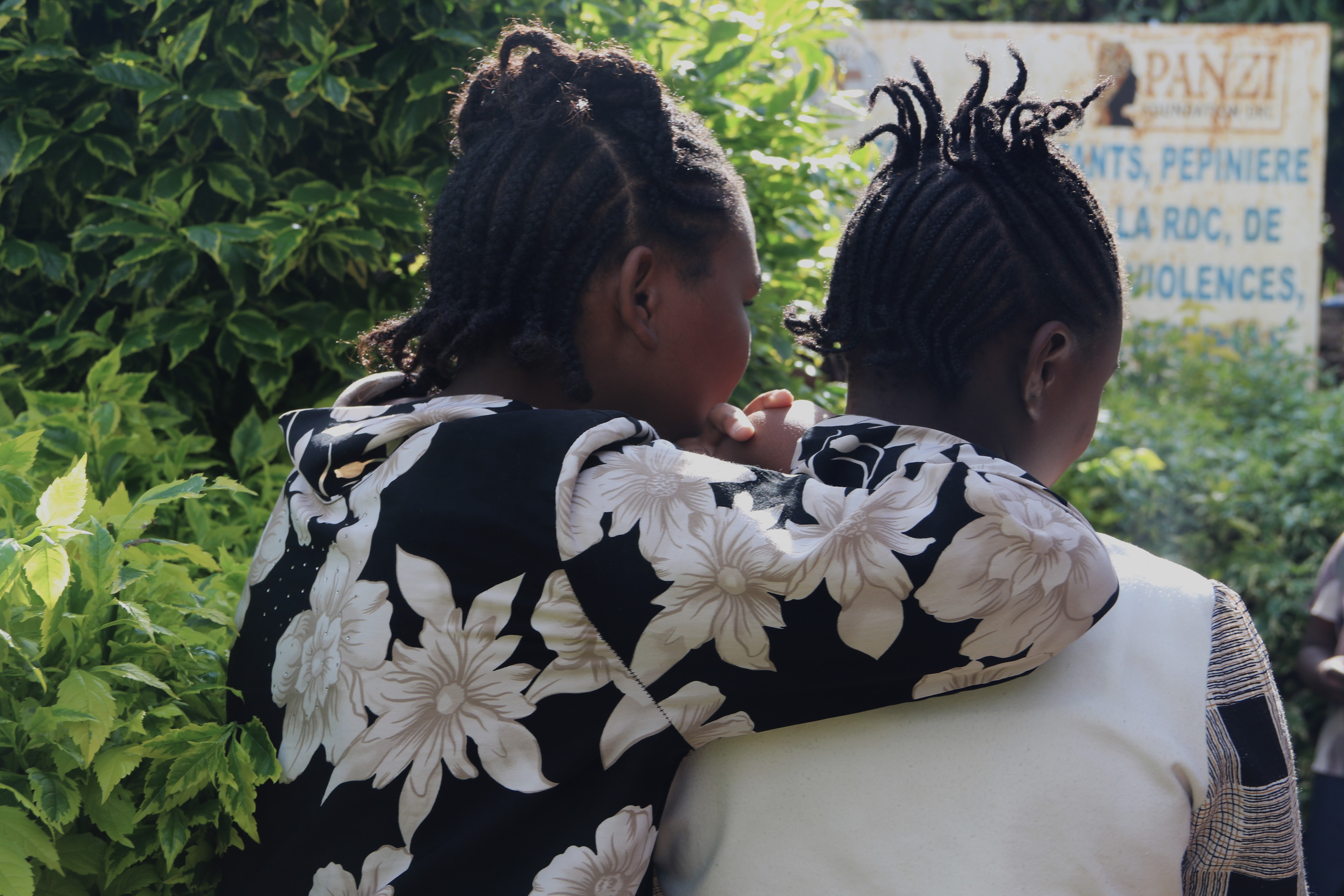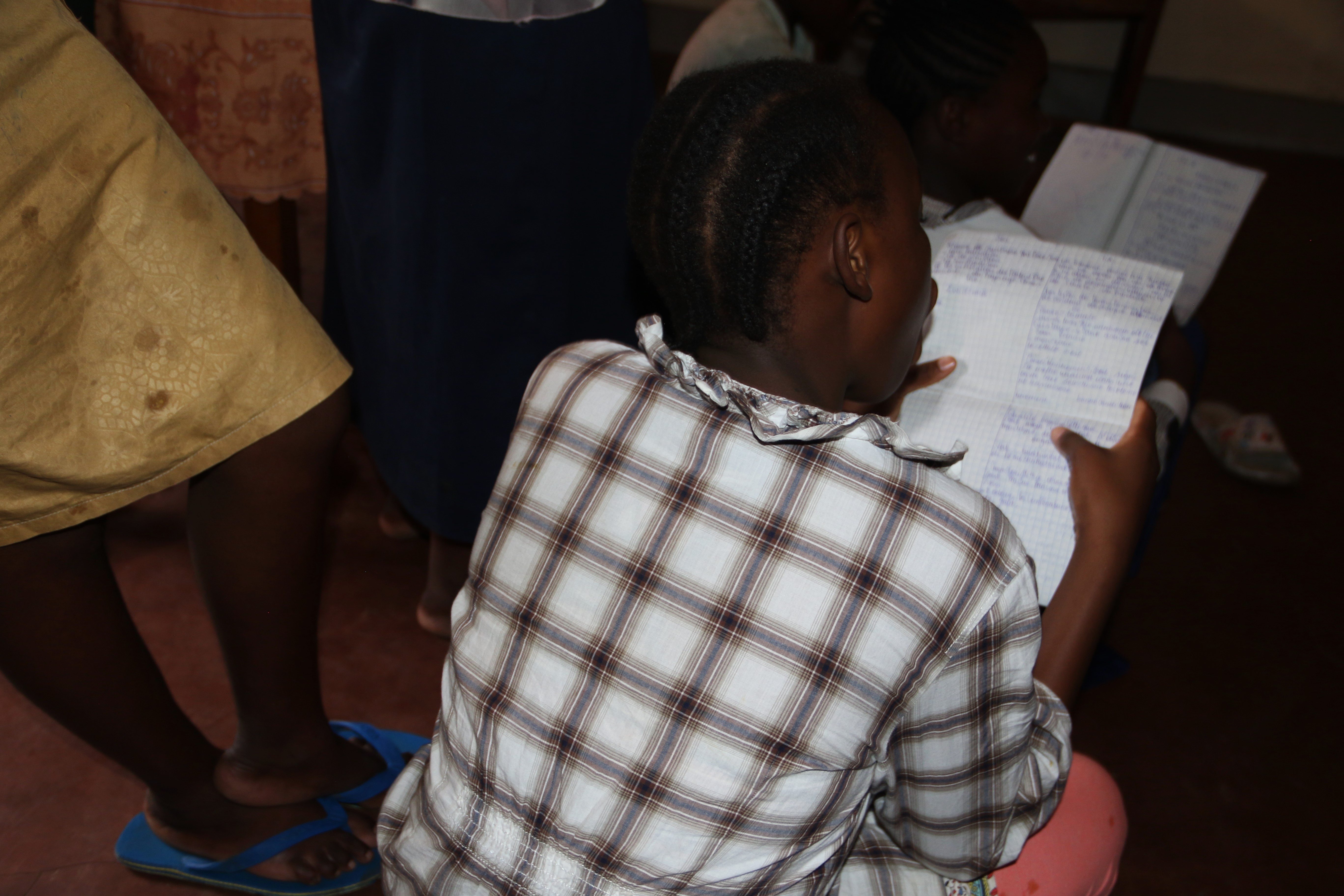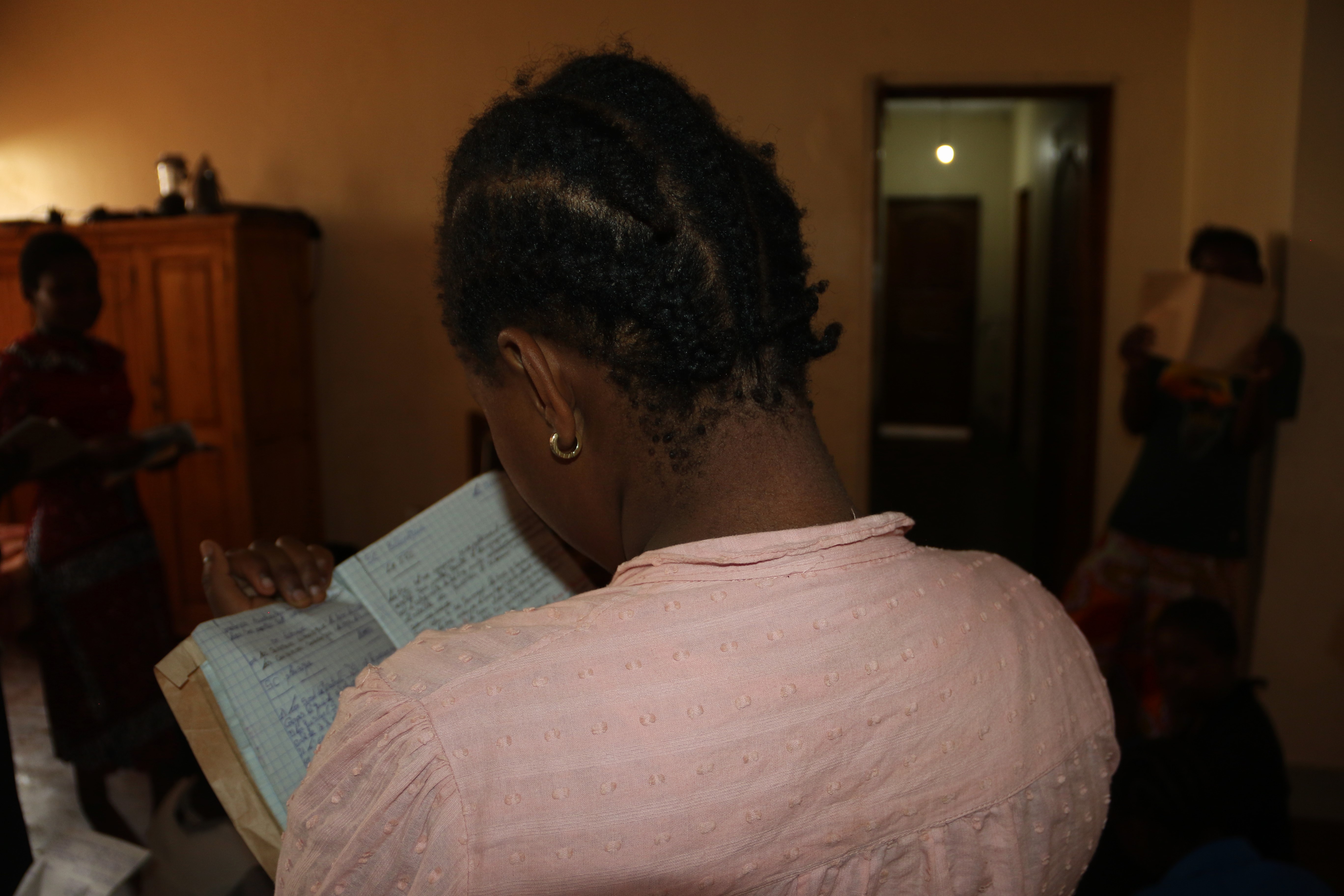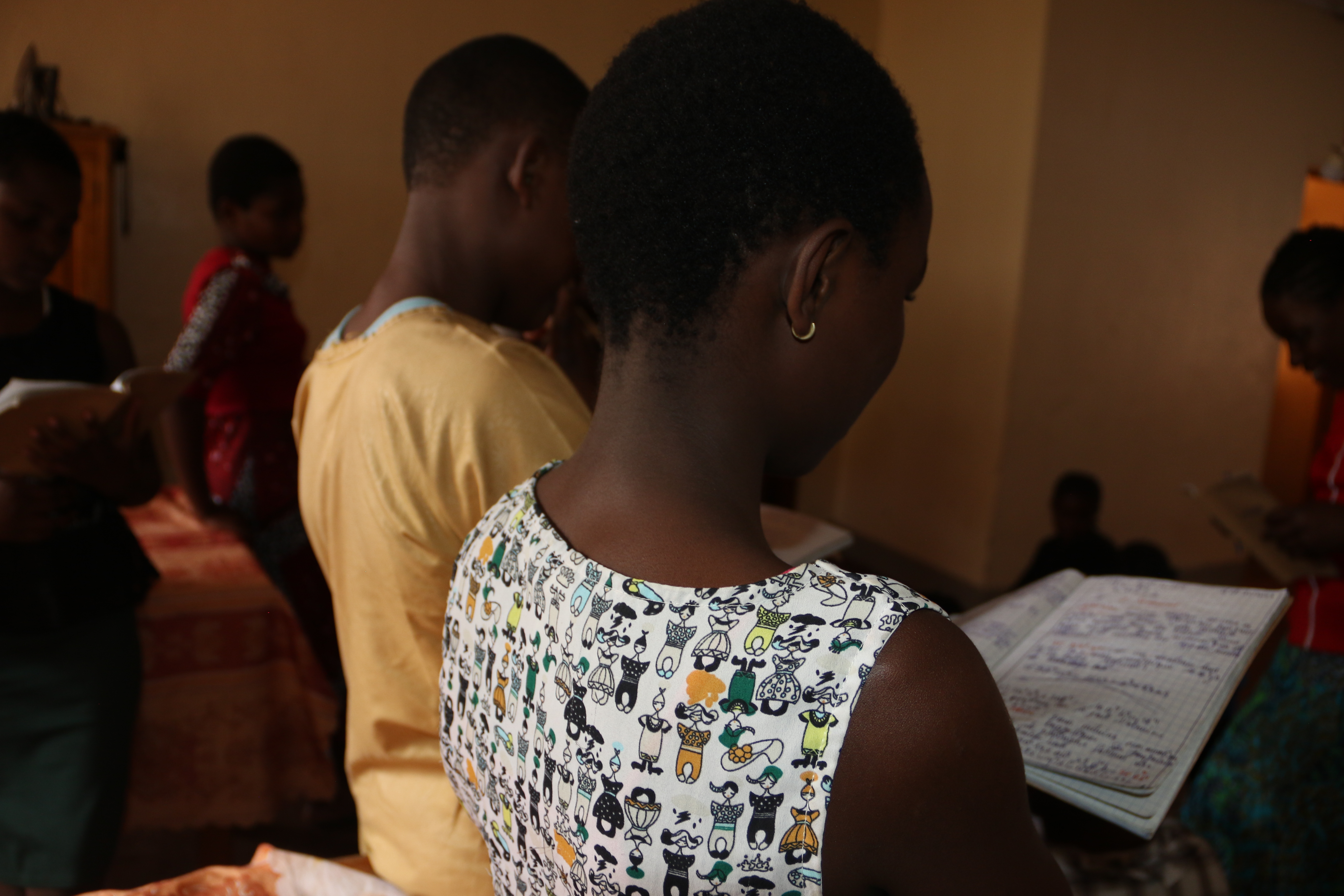In the east of the Democratic Republic of Congo, rape has been used as a weapon of war for several decades. The province of South Kivu is a strategic crossing point for various militias and armed groups, who make massive use of sexual violence to break down the resistance of the local population, drive them away and thus conquer territories rich in natural resources.
The displaced populations fleeing the conflict zones have headed for the city of Bukavu, where they live in extreme poverty in the slums on the outskirts of the city. The girls, aged between 10 and 15, are recruited by nightclub owners and brothels known as "NGANDA". They are forced to have sexual relations with several men, in exchange for US$0.5 per night.
In response to this problem, and as part of its 4-pillar intervention model addressing all the needs of survivors of sexual violence, the PANZI Foundation has developed the "Save a girl" initiative, a specific assistance program for young girls who have been prostituted and exploited. 40 young girls are currently receiving medical and psychological care, with support for their reintegration in 4 "safehouses".
Holistic care
The Panzi Foundation's partner associations, APACH and SAJECEK, identify brothels operating underage girls, then sensitize and direct the consenting girls to the Panzi Foundation's system of 4 homes (Dina, Débora and Lydia in the commune of Ibanda and Grâce Divine in the commune of Bagira). A check on their civil status is also carried out to identify minors with no civil status.
Socio-economic reintegration (support for schooling and professional training)
The girls cared for in the 4 homes return to school and resume their studies. At the end of their care, they return to their families. Project teams carry out follow-up visits at the end of the project.
Young girls who have not had the opportunity to attend school benefit from literacy courses and acquire professional skills through Maison Dorcas training schemes (sewing, office automation, pastry-making, beauty care, jewellery-making, etc.).
Raising community awareness
Local partner associations raise awareness among brothel owners to stop recruiting young girls.They also lobby local leaders and raise community awareness as part of the "No sex trafficking" campaign, aimed at establishing zero tolerance of sex trafficking involving minors in Bukavu.
40 young girls in prostitution have left the brothels for good
40 young girls in prostitution receive psychosocial assistance and are reintegrated into their respective families after a year spent in safehouses.
40 young girls in prostitution become actors in their own development.
Communities are educated about the fight against the sexual exploitation of minors.
Accompaniment of underage girls released from brothels on the outskirts of Bukavu.
-
Congo, The Democratic Republic Of The
Sud-Kivu, Bukavu (communes d’Ibanda et de Bagira)
-
Project status
In progress
-
Duration
2023-2024
-
Funding
50 000 euros
-
Beneficiaries
- 40 underage girls aged 10 to 15 released from brothels, and their children
- 74 girls reintegrated into society
- Parents of the girls
- Community members
-
Partners
Technical operator: Fondation Panzi
Local partners:
Association Action Pour l'Auto-Prise En Charge (APACH)
Association Synergies des Associations des Jeunes pour l'Education Civique, Electorale et la promotion des droits de la femme au Sud Kivu (SAJECEK)
Swedish NGO Barn Samariten
Local authorities
-
Objectives
1. Deliver psychosocial and medical care to beneficiaries.
2. Ensure the recovery and socio-economic reintegration of the girls.
3. Prevent sexual exploitation and abuse through community awareness-raising sessions.
 L'Amade
L'Amade



